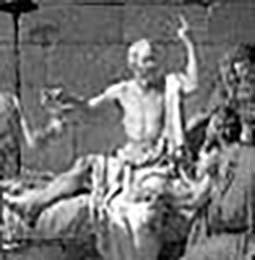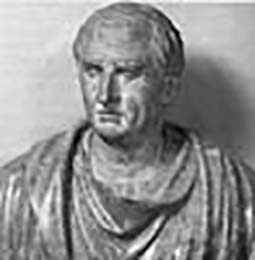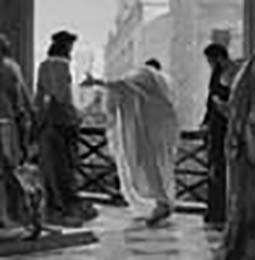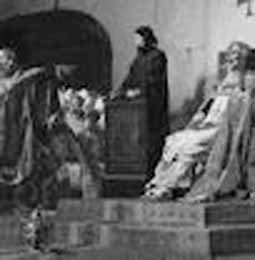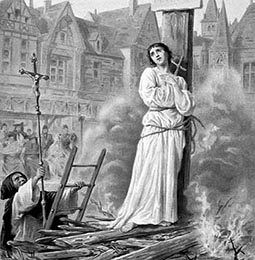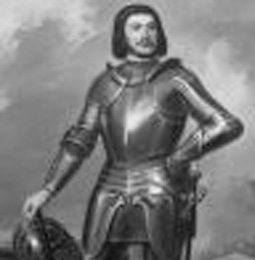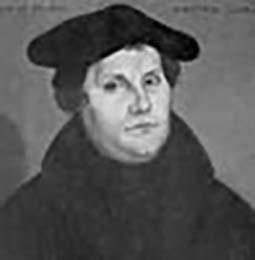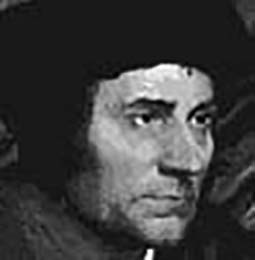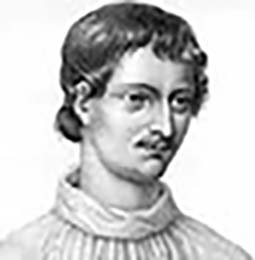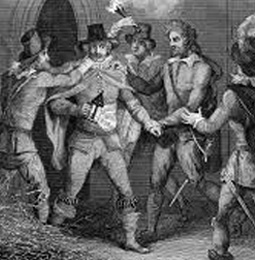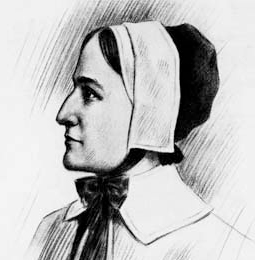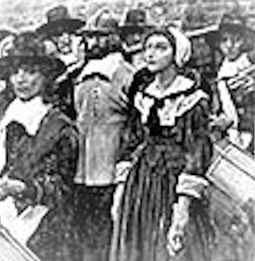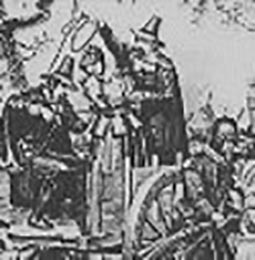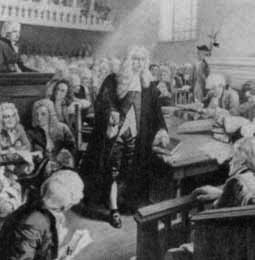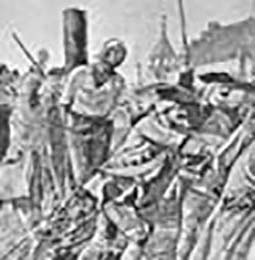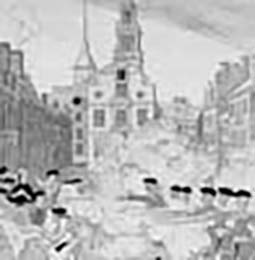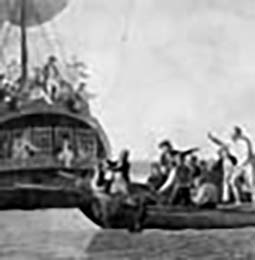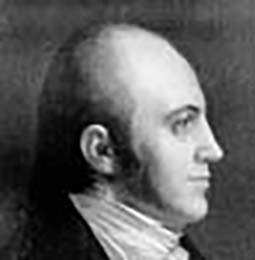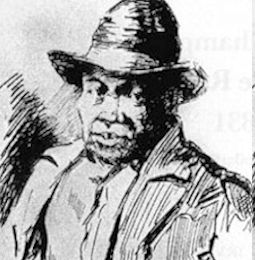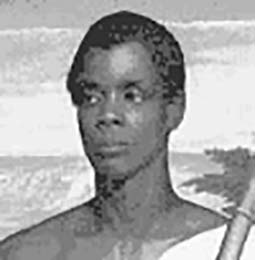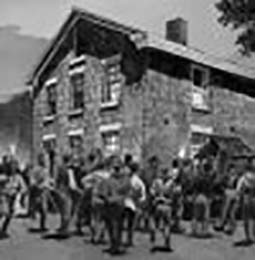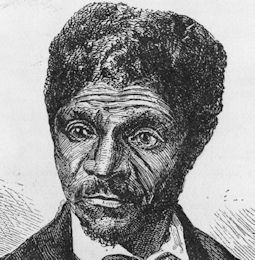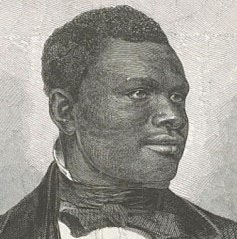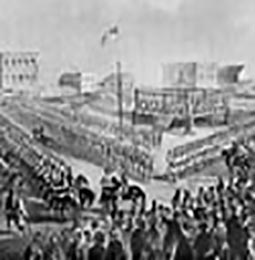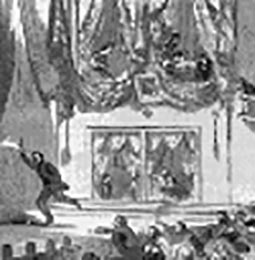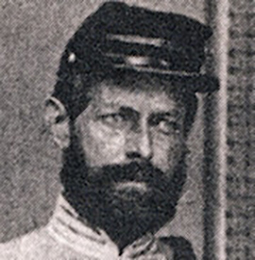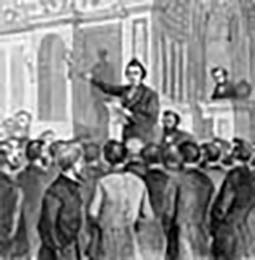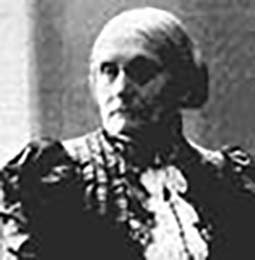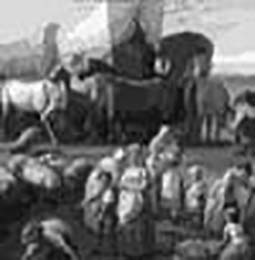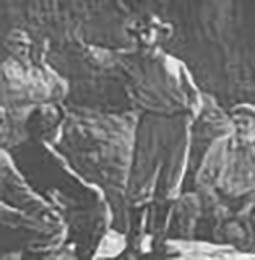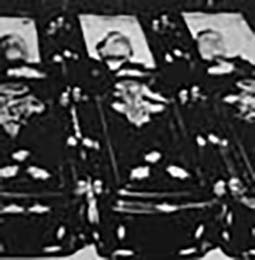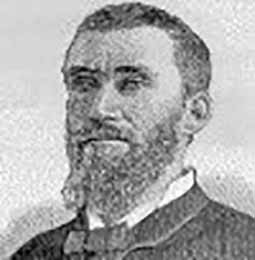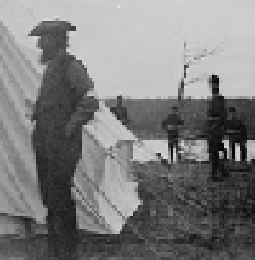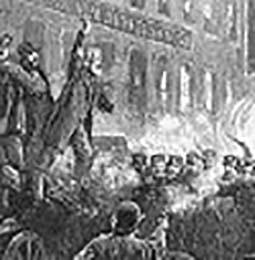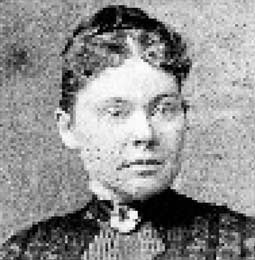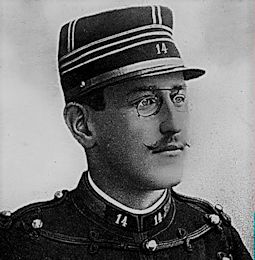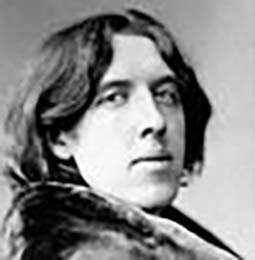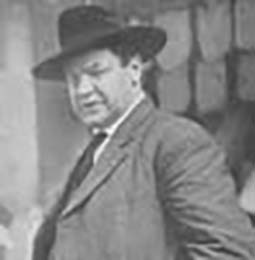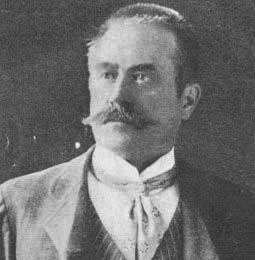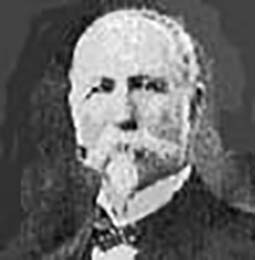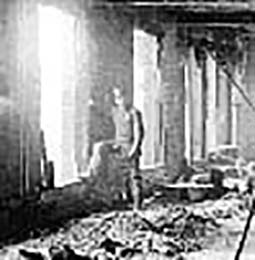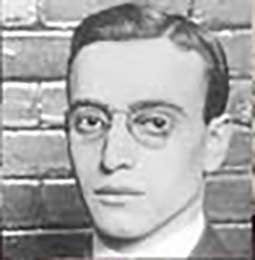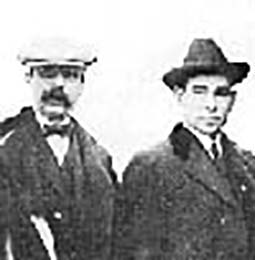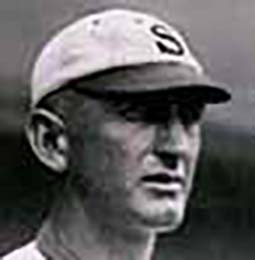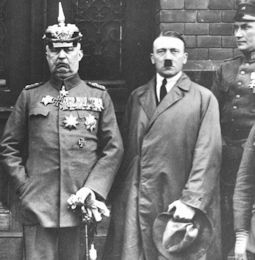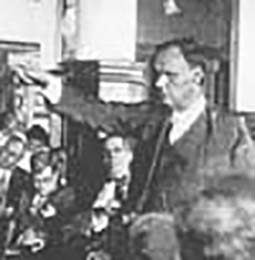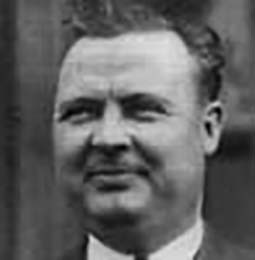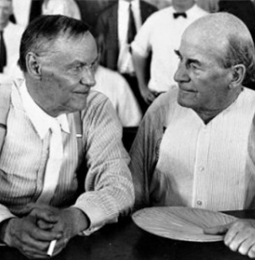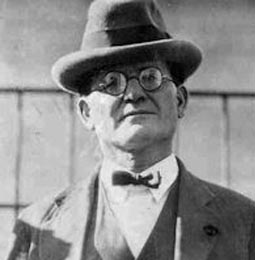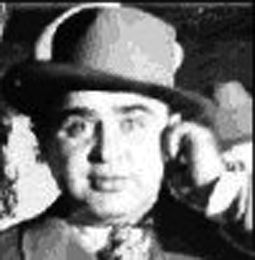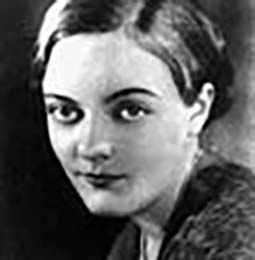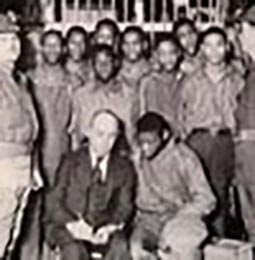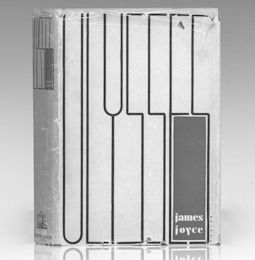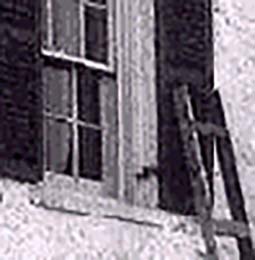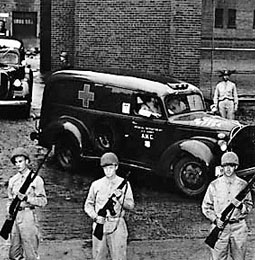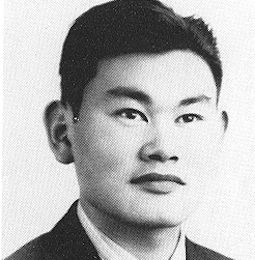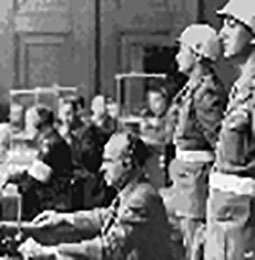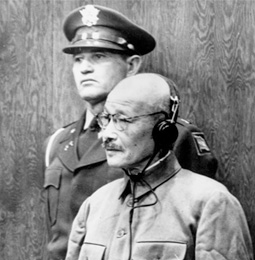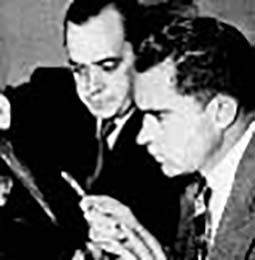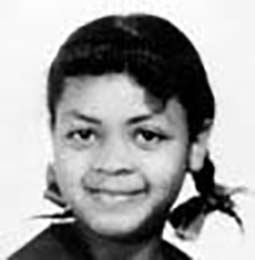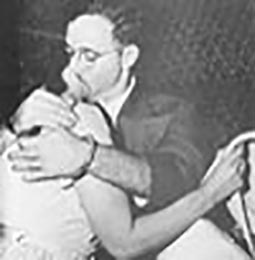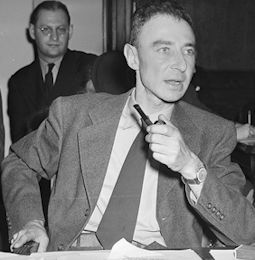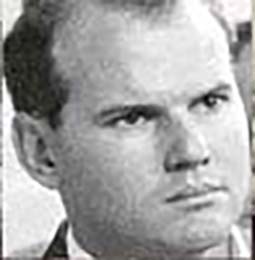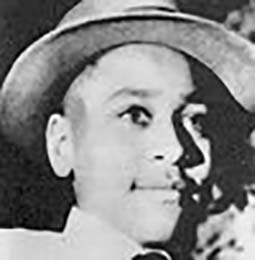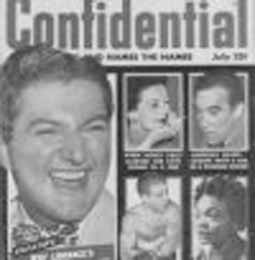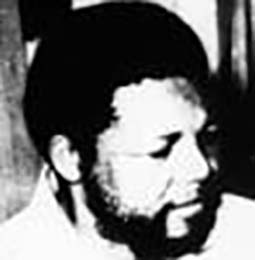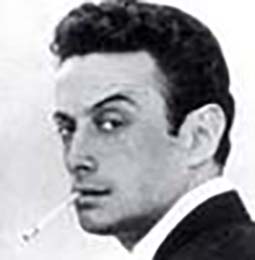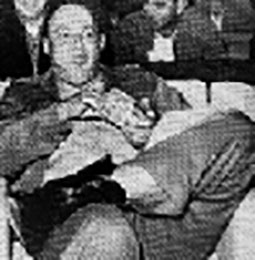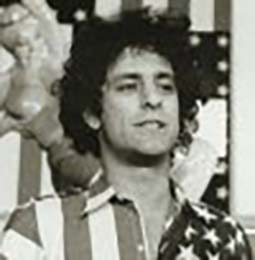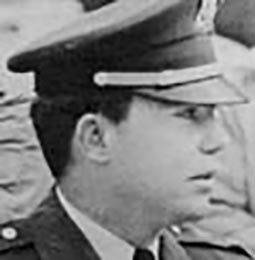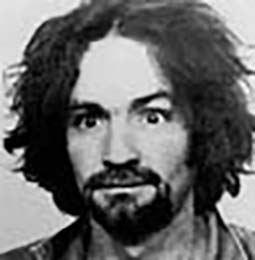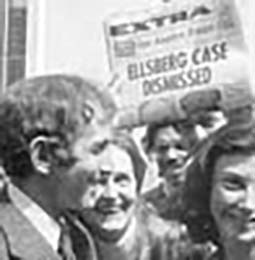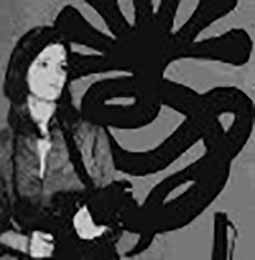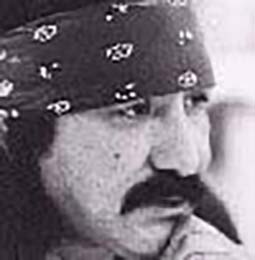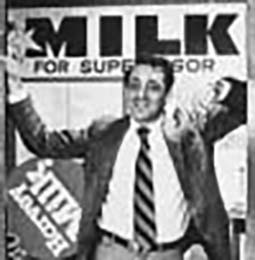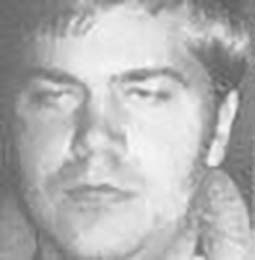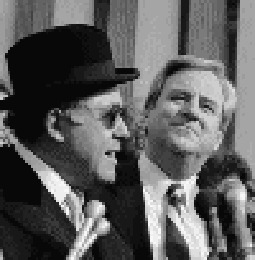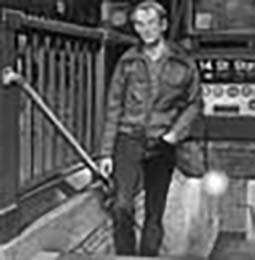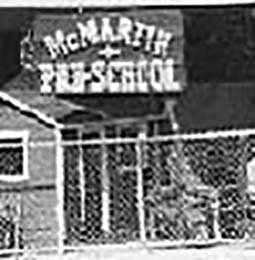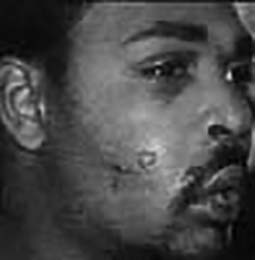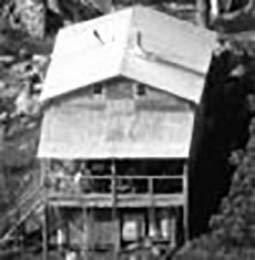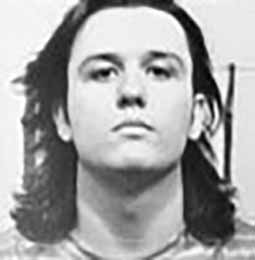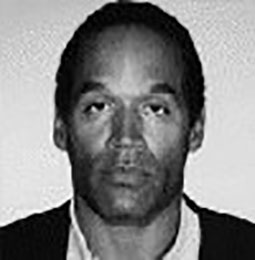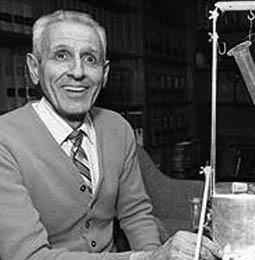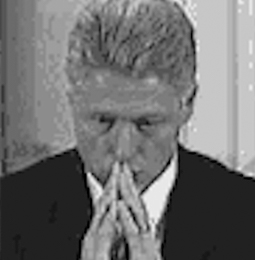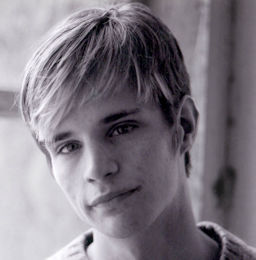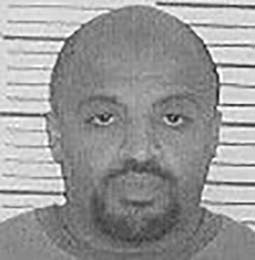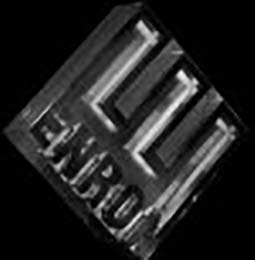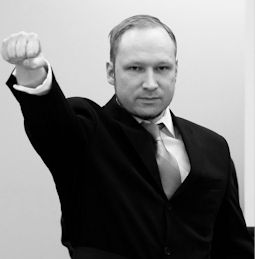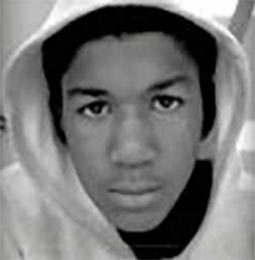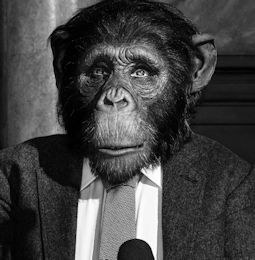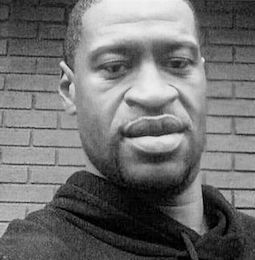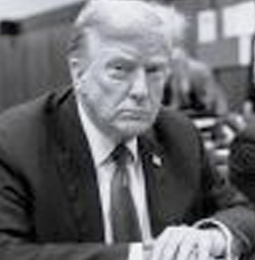Conley, a 27-year-old sweeper at the pencil factory, testified that on the day of the murder Frank told him he was expecting a girl to come by for a "chat." Conley testified that Frank wanted Conley to "watch out" and that when he stomped his foot, Conley should lock the front door and keep it locked until he whistled.
Examination by Hugh Dorsey
Dorsey: “Do you know Leo Frank?”
Conley: “Yes, I know him. There he is.”
Dorsey: “Did you have any conversation with Mr. Frank on Friday, April 25?”
Conley: “Yes, sir. About three o’clock, Mr. Frank come to the fourth floor where I was working and said he wanted me to come to the pencil factory on Saturday morning at 8:30.”
Dorsey: “Had you ever been back there before on Saturdays?”
Conley: “Yes, sir. Several times....”
Dorsey: “Who got there first [on the Saturday of the murder]? You or Mr. Frank?”
Conley: “We met at the door and I followed him in.”
Dorsey: “What conversation did you have?”
Conley: “Mr. Frank said that I was a little early. I told him it was the time he’d said for me to come. He said I was a little too early for what he wanted me to do. I asked him what he wanted. He said he wanted me to watch for him like I had on other Saturdays.”
Dorsey: “What had you been doing on other Saturdays?”
Conley: “I had watched for him while he was upstairs talking to young ladies....I would sit down at the first floor and watch the door for him.”
Dorsey: “How often had you done this?”
Conley: “Several times.”
Dorsey: “Was Frank up there alone on those Saturdays?”
Conley: “No, sometimes there’d be two young ladies and another young man. A lady for him and one for Mr. Frank.”
Dorsey: “Was Mr. Frank ever alone there?”
Conley: “Yes, sir. Last Thanksgiving day.”
Dorsey: “Who came then?”
Conley: “A tall, heavy-built woman.”
Dorsey: “Now, when you got to the factory, what happened?”
Conley: “We went in and Mr. Frank told me about the lock on the front door. ‘If you turn the knob this way, nobody can get in,’ he said. Then, Mr. Frank told me to come over and said, ‘Set on this box.’ He said there’d be a young lady up here pretty soon and ‘We want to chat awhile.’ Mr. Frank said, ‘When I stomp, that’s her, and you go shut the door. And when I whistle, you can go and unlock the door and come up and say you want to borrow some money and that will give her a chance to get out....The next person I saw was Miss Mary Perkins. She came in and went upstairs.”
Dorsey: “Who is Miss Mary Perkins?”
Conley: “That’s the lady that’s dead. I heard her footsteps going toward the front of the office, and then I heard steps going toward the metal room. The next thing I heard was her screaming.”
Dorsey: “Then what did you hear?”
Conley: “I didn’t hear anymore....”
Dorsey: “Then what happened?”
Conley: “I heard Mr. Frank whistle.”
Dorsey: “Well, what did you do when you heard Mr. Frank whistle?”
Conley: “I unlocked the door just like he said and went upstairs. Mr. Frank was standing at the head of the stairs shivering. He was rubbing his hands together and acting funny.”
Dorsey: “Show the jury how he was acting.”
[Conley stands up and shakes his knees and arms.]
Dorsey: “What did Frank have?”
Conley: “He had a little cord in his hands— a long wide piece of cord.”
Dorsey: “Did you look at his eyes?”
Conley: “Yes, sir.”
Dorsey: “How did they look?”
Conley: “His eyes was large. They looked funny and wild.”
Dorsey: “Did Frank say anything to you?”
Conley: “Yes, sir, he asked me "Did you see that little girl who passed here just a while ago?" and I told him I saw one come along there and she come back again, and then I saw another one come along there and she hasn't come back down, and he says, "Well, that one you saw didn't come back down, she came into my office awhile ago and wanted to know something about her work in my office and I went back there to see if the little girl's work had come, and I wanted to be with the little girl, and she refused me, and I struck her and I guess I struck her too hard and she fen and hit her head against something, and I don't know how bad she got hurt. Of course you know I ain't built like other men." The reason he said that was, I had seen him in a position I haven't seen any other man that has got children. I have seen him in the office two or three' times before Thanksgiving and a lady was in his office, and she was sitting down in a chair and she had her clothes up to here, and he was down on his knees, and she had her hands on Mr. Frank. I have seen him another time there in the packing room' with a young lady lying on the table, she was on the edge of the table when I saw her. He asked me if I wouldn't go back there and bring her up so that he could put her somewhere, and he said to hurry, that there would be money in it for me. When I came back there, I found the lady lying flat of [sic] her back with a rope around her neck. The cloth was also tied around her neck and part of it was under her head like to catch blood.... She was dead when I went back there and I came back and told Mr. Frank the girl was dead and he said, "Sh-Sh!" He told me to go back there by the cotton box, get a piece of cloth, put it around her and bring her up."
Dorsey: “Well, then what did Frank say?”
Conley: Mr. Frank asked "Can you write?" and I said, "Yes, sir, a little bit." ...Mr. Frank says, ‘I can tell you the best way for us to get out of this. You write what I tell you’ and he taken [sic] his pencil to fix up some notes. I was willing to do anything to help Mr. Frank because he was a white man and my superintendent, and he sat down and I sat down at the table and Mr. Frank dictated the notes to me. Whatever it was it didn't seem to suit him, and he told me to turn over and write- again, and I turned the paper and wrote again, and when I done that he told me to turn over again and I turned over again and I wrote on the next page there, and he looked at that and kind of liked it and he said that was all right."
[Conley claimed that Frank gave him $200 to write the note and burn the body. Conley then testified:]
"After awhile Mr. Frank looked at me and said, "You go down there in the basement and you take a lot of trash and burn that package that's in front of the furnace," and I told him all right. But I was afraid to go down there by myself, and Mr. Frank wouldn't go down there with me.... And I said, "Mr. Frank, you are a white man and you done it, and I am not going down there and burn that myself." He looked at me then kind of frightened and he said, "Let me see that money" and he took the money back and put it back in his pocket, and I said, "Is this the way you do things?" and he said, "You keep your mouth shut, that is all right." And Mr. Frank turned around in his chair and looked at the money and he looked back at me and folded his hands and looked up and said "Why should I hang? I have wealthy people in Brooklyn," and he looked down when he said that, and I looked up at him, and he was looking up at the ceiling, and I said, "Mr. Frank, what about me?" and he said, "That's all right, don't you worry about this thing, you just come back to work Monday like you don't know anything, and keep your mouth shut, if you get caught I will get you out on bond and send you away," and he said, "Can you come back this evening and do it?" and I said "Yes, that I was coming to get my money." He said, "Well, I am going home to get dinner and you come back here in about forty minutes and I will fix the money," and I said, "How will I get in?" and he said, "There will be a place for you to get in all right, but if you are not coming back let me know, and I will take those things and put them down with the body," and I said, "All right, I will be back in about forty minutes.""
Cross-examination by Luther Rosser:
Rosser: “You can make out some words in the newspaper, can’t you?”
Conley: “Yes, sir, little words like ‘dis’ and ‘dat.’”
Rosser: “You can spell ‘dis’ and ‘dat,’ can’t you?”
Conley: “Yes, sir.”
Rosser: “Can you spell ‘cat’?”
Conley: “Yes, sir, I can spell that word.”
Rosser: “Well, how do you spell it, with a ‘c’ or a ‘k’?”
Conley: “With a ‘k.’”
Rosser: “Why, sure you do. Jim, you and I understand each other thoroughly, don’t we?”
Conley: “Yes, sir, we sho’ does, sir.”
Rosser: “When was the first time you watched for him?”
Conley: “July."
Rosser: “Was a lady with him?”
Conley: “Yes, Miss Daisy Hopkins.”
Rosser: “What time was it they came that first time?”
Conley: “About 3:00 or 3:30 in the afternoon.”
Rosser: “What were you doing?”
Conley: “I was sweeping when they came in but Mr. Frank called me to his office and asked me if I wanted to make some money, and then he told me to watch the door for him. I went down and watched, and pretty soon the other lady came with Mr. Dalton. They came upstairs to Mr. Frank’s office, stayed there ten or fifteen minutes. They came back down and went into the basement. I don’t know how long they stayed [but] Mr. Dalton went out laughing and the lady went up the steps. Then the ladies came down and left, and then Mr. Frank came down. He gave me a quarter and I left.”
Rosser: “At police headquarters, you told Black and Scott that you got up at 9:30 on the morning of the 26th, didn’t you?”
Conley: “Yes, sir.”
Rosser: “That wasn’t so, was it?”
Conley: “No.”
Rosser: “You lied, didn’t you?”
Conley: “Yes, sir.”
Rosser: “You told them you left home that morning about io:oo. That wasn’t true, was it?”
Conley: “No, sir.”
Rosser: “The truth is, you lied all the way ‘round?”
Conley: “I told some stories, I’ll admit.”
Rosser: “Didn’t you tell Black and Scott that you bought half a pint of whisky on Peters Street at 10:00?”
Conley: “No, sir. I told Mr. Black about 10:30.”
Rosser: “Well, that was not so, was it?”
Conley: “No, sir.”
Rosser: “Didn’t you tell them that after you bought some liquor at 11:00 you went to some other saloon?”
Conley: “I don’t remember saying anything about 11:00, but I told them I went to Earley’s Saloon.”
Rosser: “Well, didn’t you tell them you went to the Butt-In Saloon after that?”
Conley: “Yes.”
Rosser: “Then you told some things that were not true, did you?”
Conley: “Yes, sir.”
Rosser: “Did you look them straight in the face and lie?”
Conley: “No, sir. I hung my head.”
Rosser: “Didn’t you tell Black and Scott some things that were true and some that were not?”
Conley: "Yes, sir...I didn’t want to give Mr. Frank away [so) I held back some of the truth, but I wanted to tell some and let him see what I was going to do and see if he wasn’t going to stick to his promise as he had said.”
Rosser: “Oh, well, we’ll get to that later on...”
Rosser: [Asking about his May 15 interview with detectives] “Did you look ‘em in the eye? Did you hang your head?...Jim, what are some of your other lying habits?”
Conley: “Sometimes, I played with my fingers.”
....
Rosser: “Jim, all these lies—I won’t call them lies; I’ll call them stories—did you notice them before you went to jail or afterwards?”
Conley: “I disremember.”
Rosser: “Jim, to whom did you make your first change in your confession?”
Conley: “I disremember.”
Rosser: “You disremember a whole lot, don’t you? You said yesterday that Frank showed you that day how to unlock the door, didn’t you?”
Conley: "Yes, sir.”
Rosser: “Well, hadn’t he showed you before?”
Conley: “Yes, on Thanksgiving day.”
Rosser: “Well, why did he do it again?”
Conley: “I don’t know.”
Rosser: “You say he told you he was going to stamp on the floor and when you heard him whistle to unlock the door and come upstairs?”
Conley: “Yes, sir, he told me that after he told me to sit down on the box.”
Rosser: “He had told you about these signals before, hadn’t he?”
Conley: “Yes, sir, on Thanksgiving.”
Rosser: “Why did he repeat it?”
Conley: “I don’t know, sir....”
....
Rosser: "What did Frank say [when Conley saw him holding the cord and trembling]?
Conley: “He asked me if I saw that little girl come up here a while ago, and I told him yes, sir. I saw two of them come up and I saw only one go out. He said, ‘Uh, huh. That little girl that didn’t go out came up to the office. She went back to the metal room to see about some work. I went back there with her. I wanted to be with her and she refused me.'"
Rosser: “You got some burlap, didn’t you?”
Conley: “Yes, sir.”
Rosser: “How big a piece?”
Conley: “Well it was longer than me.”
Rosser: “How wide was it—about two feet?”
Conley: “I don’t know, sir.”
Rosser: “Well, what do you call two feet?”
Conley: “This is what I call two feet [Conley lifts his two feet off the floor].”
Rosser: “Did you meet a man named Mincey [who] said you promised to take some insurance with him?”
Conley: “No, sir.”
Rosser: “Didn’t you tell him that you could not take any insurance—that you were in trouble?”
Conley: “No, sir.”
Rosser: “Didn’t you say that you had killed a girl and that you didn’t want to kill any more people?”
Conley: “No, sir.”
Rosser: “Didn’t he say that one a day would be 365 a year?”
Conley: “No, sir.”
Re-direct examination by Hugh Dorsey
....
Dorsey: “Did you ever see Mary Phagan’s pocketbook or mesh bag?”
Conley: “Yes, it was on the desk in Mr. Frank’s office when I went there to write the notes.”
Dorsey: “Describe it.”
Conley: “It was a wire-ish looking pocketbook like the ladies carry, light-colored and had little chains on it for the ladies to hold to.”
Dorsey: “What did Frank do with it?”
Conley: “He put it in the safe.”
Re-cross examination by Rosser:
Rosser: “Why didn’t you tell all of this [about Phagan's pocketbook]when you were telling the whole truth to the detectives?”
Conley: “I don’t think they asked me.”
Rosser: “When did you first tell any detective about it?”
Conley: “I don’t remember.”






